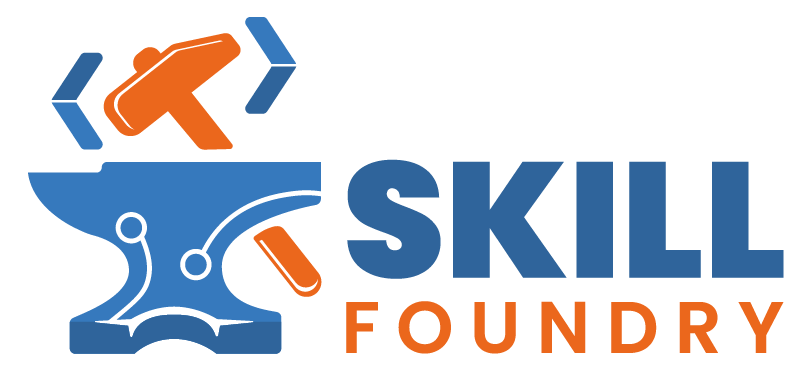Docker for Beginners
This course introduces Docker and containerization. Targeted at developers with no prior Docker experience, we will cover the basics of local development with containers using Docker Desktop.
Join Skill Foundry
This course includes:
Prerequisites:
Overview
Curriculum
Mentor
FAQs
What we'll cover...
Why Docker?
Curriculum Outline
Module 1: Getting Started
- Before we get started, we must understand why containers are awesome and get our environment set up.
- Welcome Message
- Why Containers?
- Quiz: Container Basics
Module 2: The Basics
- Understand the core concepts of Docker by learning about the engine, images, and containers that form the foundation of containerization technology. Once you understand these concepts, you will be able to use any containers from Docker Hub or any other sources.
- The Docker Engine
- Container Images
- Containers
- Quiz: The Basics
Module 3: Building Containers for Applications
- Put theory into practice by containerizing an ASP.NET Core application and using Docker Compose to set up Wordpress with a Database. You will learn the basics of managing data persistence, networking, and orchestrating multi-container environments.
- Creating a Single-Container Application
- Activity: Manually Creating a Dockerfile
- Volumes and Data Persistence
- Docker Networking
- Multiple-Container Applications with Docker Compose
- Quiz: Building Containers for Applications
Module 4: Next Steps
- Discover pathways for advancing your containerization skills and knowledge beyond the basics.
- What's Next?
How We Build Developers
Write your awesome label here.
Written Lessons That Actually Make Sense
Our written content explains complex concepts in plain English, with real examples you can quickly apply. You'll understand not just what to do, but why pros make the decisions we do.
Write your awesome label here.
Hands-On Practice That Builds Confidence
Every concept comes with code samples and exercises. You can't learn to play guitar without putting your fingers on the strings and you can't learn to code without writing a lot of code!
Write your awesome label here.
Videos That Show, Don't Just Tell
You'll see how professional developers think, debug, and refactor code. These aren't just lectures, but applied theory. See concepts actually used together!
Write your awesome label here.
Rigorous Capstone Projects That Prove Your Skills
You'll build substantial applications that demonstrate your ability to architect solutions, handle complexity, and deliver professional-quality code.
Join developers who chose...
depth over speed,
understanding over memorization, and
professional skills over participation certificates.
Frequently asked questions
Who is this course for?
This course is designed for people who have basic knowledge of applications, servers, and networks who want to understand how real-world software gets built, shipped, and run. This is a gentle starting point for learning the terminology and concepts of how Docker containers are created.
Do I need to know a specific programming language first?
No, but some basic familiarity with coding helps (especially terminal/command line usage), but we walk you through every step. Whether you're using Python, C#, or something else, the Docker fundamentals apply across languages.
Will I be able to use Docker in my own projects after this?
Absolutely. You'll walk away knowing how to containerize apps, use Docker Compose, and set up a consistent development environment, skills you can apply immediately. Once you understand these concepts, you are ready to start exploring more specific scenarios for your application stack.
Is Docker actually used in real jobs?
Yes! From startups to big tech, Docker is a standard tool in modern development and DevOps. Knowing it shows you understand how production systems are built and deployed.
About the Author
Eric Wise
Software Architect | Mentor | Entrepreneur
Eric isn't just another online instructor, he's a veteran software architect, multi-time tech entrepreneur, and someone who's been in every corner of the industry from tech start ups, big corporations, and freelancing.


